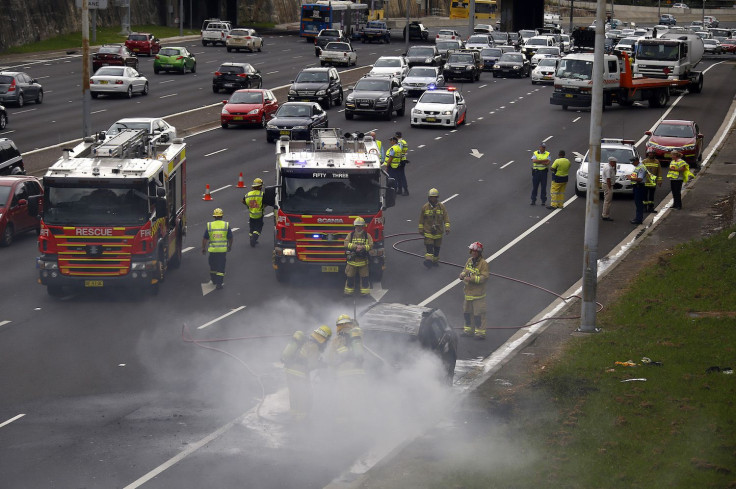High Suicide Rates Found Among Emergency Workers; Figures Reveal Almost All Of Them Are Men

According to a new survey, one police officer, paramedic personnel or firefighter is losing interest in life and resorting to suicide. Experts believe many frontline emergency workers are reportedly deprived of adequate medical attention. The figures are revealed through the Intentional Self-Harm Fact Sheet, which was prepared keeping the coronial cases around Australia in mind.
It shows as many as 110 police officers, paramedics and firefighters have taken their own lives between July 2000 and December 2012. Among them, 62 cases were related to police officers, 26 involving paramedics and 22 were firefighters. Most of the incidents took place at their homes.
This was the first ever official attempt to quantify the number of suicide cases among emergency services' employees in Australia.
While most cases were involving men, typically between the ages of 30 to 49 years, the use of firearms such as service-issued rifles, shotguns or handguns were common in many deaths. Among paramedics, 40 percent of the suicides were linked to poisoning.
Meanwhile, the instances of depression were also identified in small percentages among all occupation groups, particularly among police officials.
Berrick Boland, head of a support group for former NSW police officers with Post-Traumatic Stress Disorder (PTSD) told the Forgotten 300 claiming the figures were just a small fragment of a larger picture.
Forgotten 300 -- a support website for current and former Australian Police Officers and their families who have been hurt on duty or become victims of Police suicide and are fighting for their rights.
Mr. Boland said the suicides of several former police officers were not even identified officially.
"When a body is taken to a morgue, the deceased person's former occupation is not noted," he added. The fact sheet, done under the supervision of National Coronial Information Service (NCIS) admits that the cases, which have not documented the previous occupations of the deceased, were given a miss in the fact sheet as well.
Contact the writer on barsha23@gmail.com





















